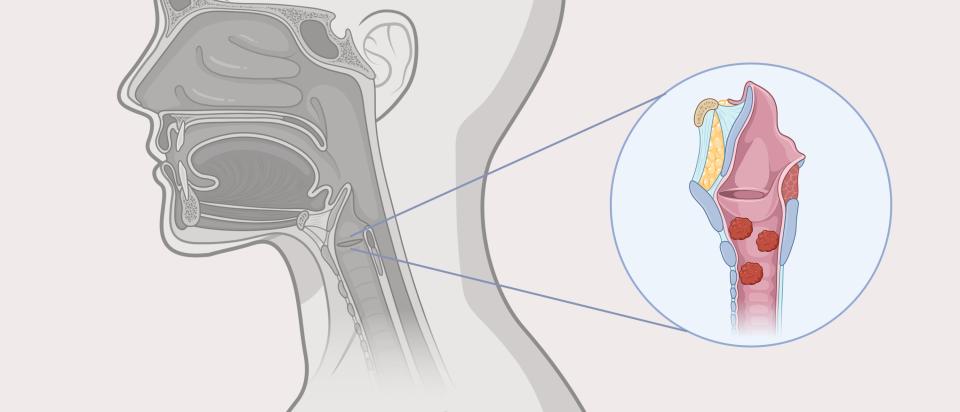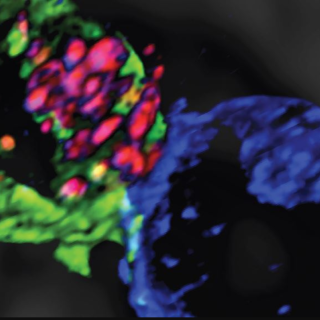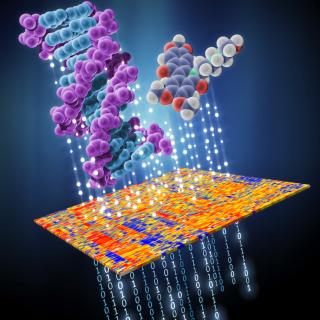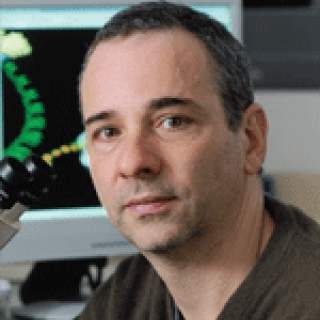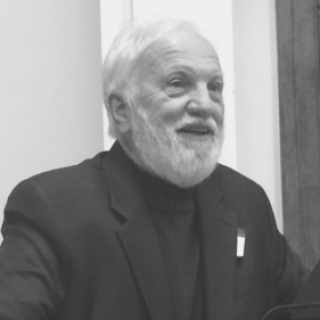News and Events
CCR Research Leads to FDA Approval of First Immunotherapy for Recurrent Respiratory Papillomatosis
The U.S. Food and Drug Administration has granted full market approval for Papzimeos (zopapogene imadenovec-drba), a groundbreaking non-replicating adenoviral vector-based immunotherapy designed for adult patients with recurrent respiratory papillomatosis (RRP).
Read MoreClinical trial researches therapy for metastatic melanoma or renal cell carcinoma
A clinical trial led by Stephanie L. Goff, M.D., Associate Research Physician in the Surgery Branch, is researching a therapy for people with metastatic melanoma or renal cell carcinoma.
Read MoreClinical trial researches drug therapy for chronic graft-versus-host disease
A clinical trial led by Noa G. Holtzman, M.D., Assistant Research Physician in the Immune Deficiency Cellular Therapy Program, is researching a drug therapy for chronic graft-versus-host disease.
Read MoreClinical trial researches drug therapy for CNS tumors
A clinical trial led by Jing Wu, M.D., Ph.D., Lasker Clinical Research Scholar in the Neuro-Oncology Branch, is researching a drug therapy for aggressive diffuse gliomas.
Read More2023 Frontiers in Basic Immunology
Dates: September 27-28, 2023
Location: Building 35, Room 610/620/630/640
The Center for Cancer Research at the National Cancer Institute is hosting a two-day national symposium on September 27-28, 2023 entitled 2023 Frontiers in Basic Immunology. The program includes recent advances in the field and should be an exciting forum for discussion and debate on the current understanding of basic immunological mechanisms. Check the website for a list of speakers.
Read MoreWith new database, NCATS data is poised to support development of precision cancer therapies
Data from thousands of compounds and nearly 200 cancer cell lines screened at the National Center for Advancing Translational Sciences are available through a new CellMiner database.
Read MoreAndre Nussenzweig elected to the National Academy of Sciences
Andre Nussenzweig, Ph.D., Chief of the Laboratory of Genome Integrity, has been elected to the National Academy of Sciences in recognition of his distinguished and continuing achievements in original research. He investigates the mechanisms that maintain genomic stability and prevent cancer, particularly in DNA repair pathways.
Read MoreClinical trial researches drug therapy for prostate cancer
A clinical trial led by William Douglas Figg Sr., Pharm.D., Senior Investigator in the Genitourinary Malignancies Branch is researching a drug therapy for advanced prostate cancer.
Read MoreIn Memoriam: W. Michael Kuehl, M.D.
The CCR community is deeply saddened by the recent passing of W. Michael Kuehl, M.D., former Senior Investigator in the Genetics Branch.
Read MoreNaomi Taylor and Peter Choyke elected to the Association of American Physicians
Naomi Taylor, M.D., Ph.D., Senior Investigator in the Pediatric Oncology Branch, and Peter L. Choyke, M.D., F.A.C.R., Chief and Senior Investigator of the Molecular Imaging Branch, were elected as members of the Association of American Physicians (AAP). Each year, the AAP elects 70 new members to honor their outstanding credentials and achievements in basic or translational biomedical research.
Read MoreClinical trial researching stem cell therapy for acute myeloid leukemia
A clinical trial led by Nirali N. Shah, M.D., M.H.Sc., Lasker Clinical Research Scholar in the Pediatric Oncology Branch, is researching hematopoietic stem cell transplants and therapy for acute myeloid leukemia.
Read More